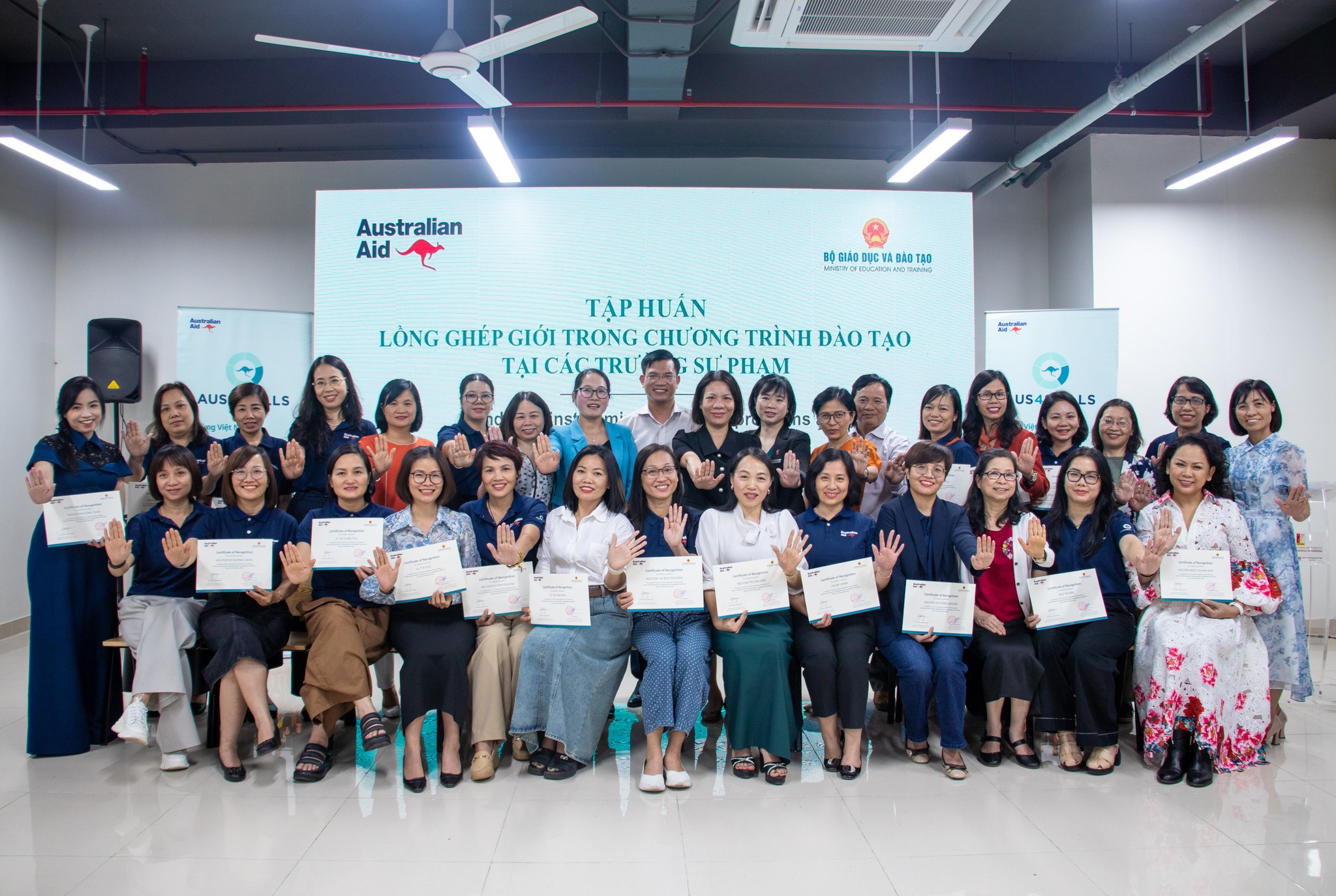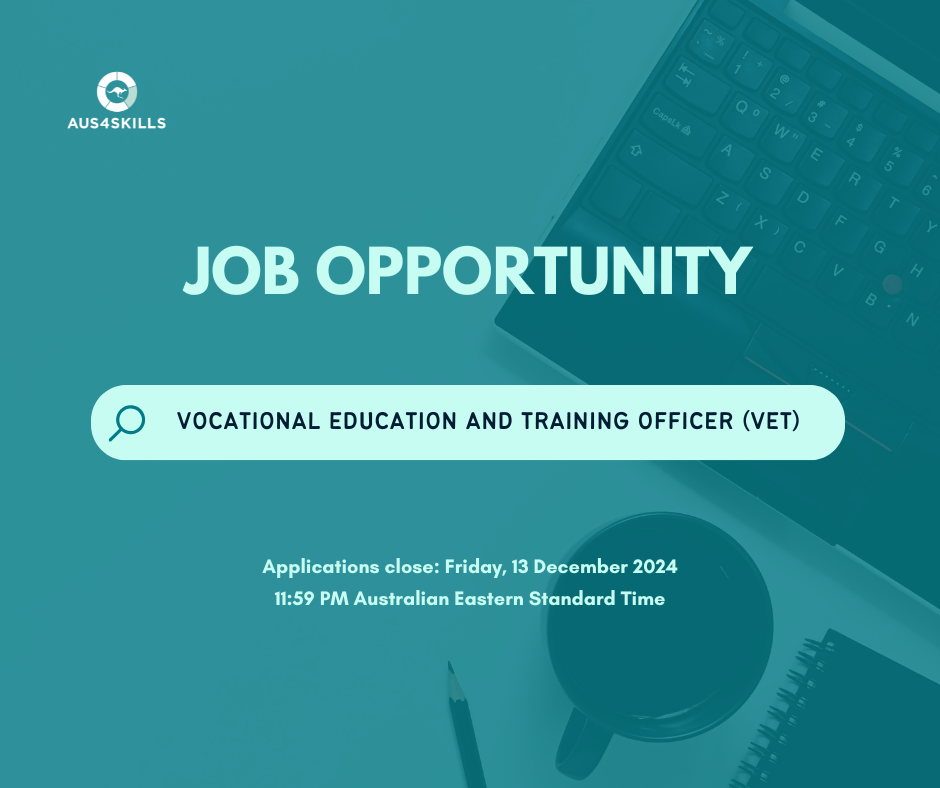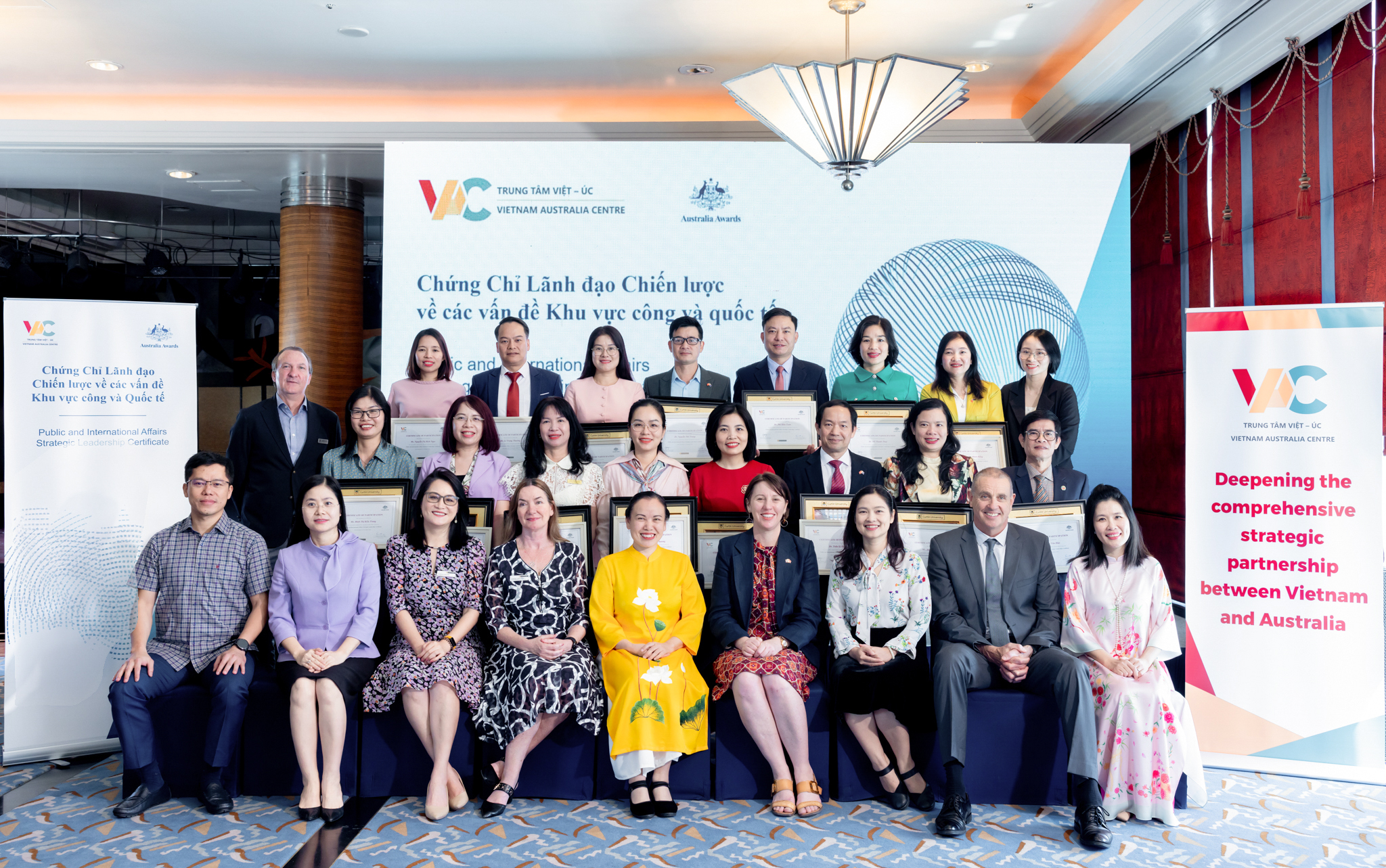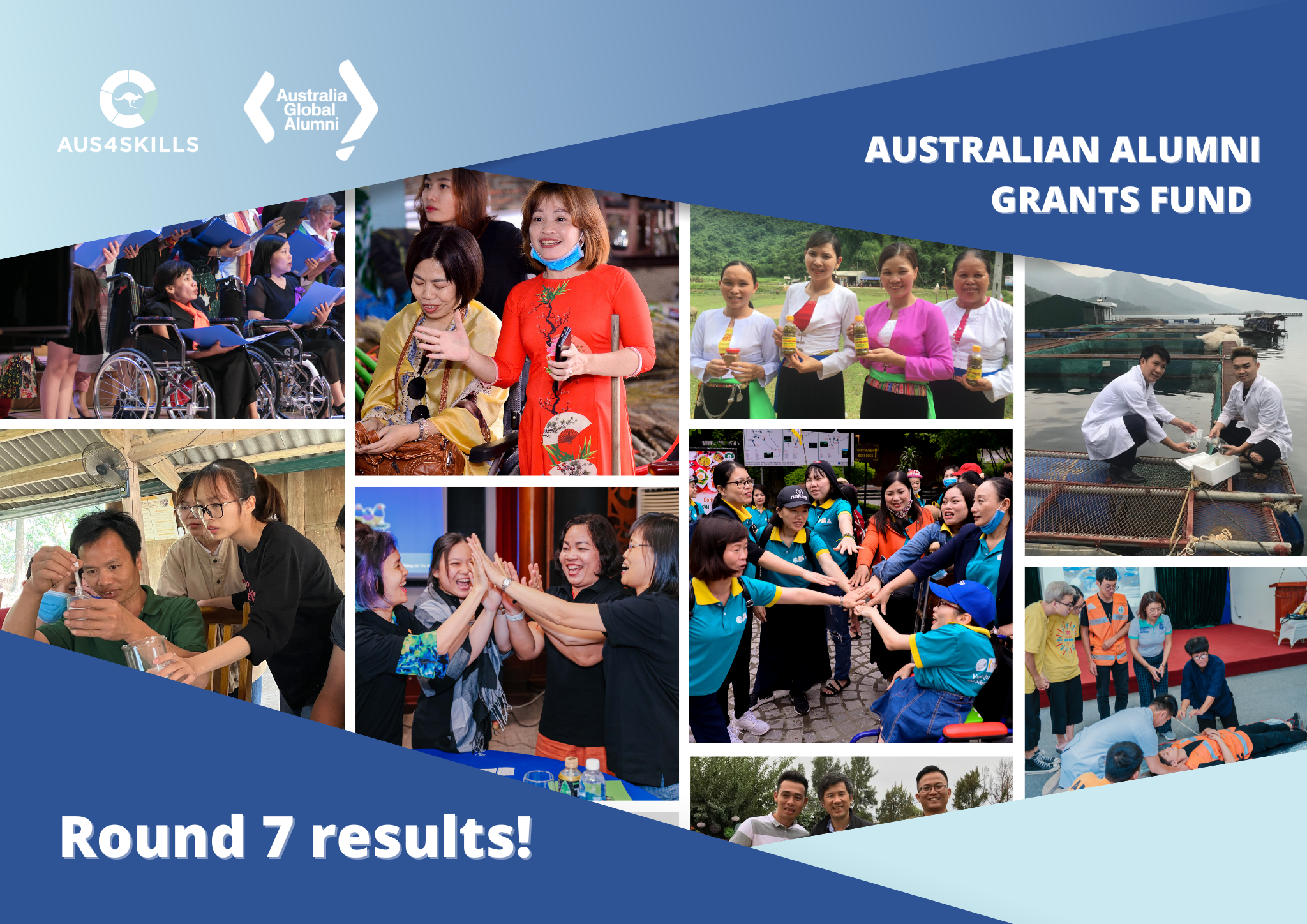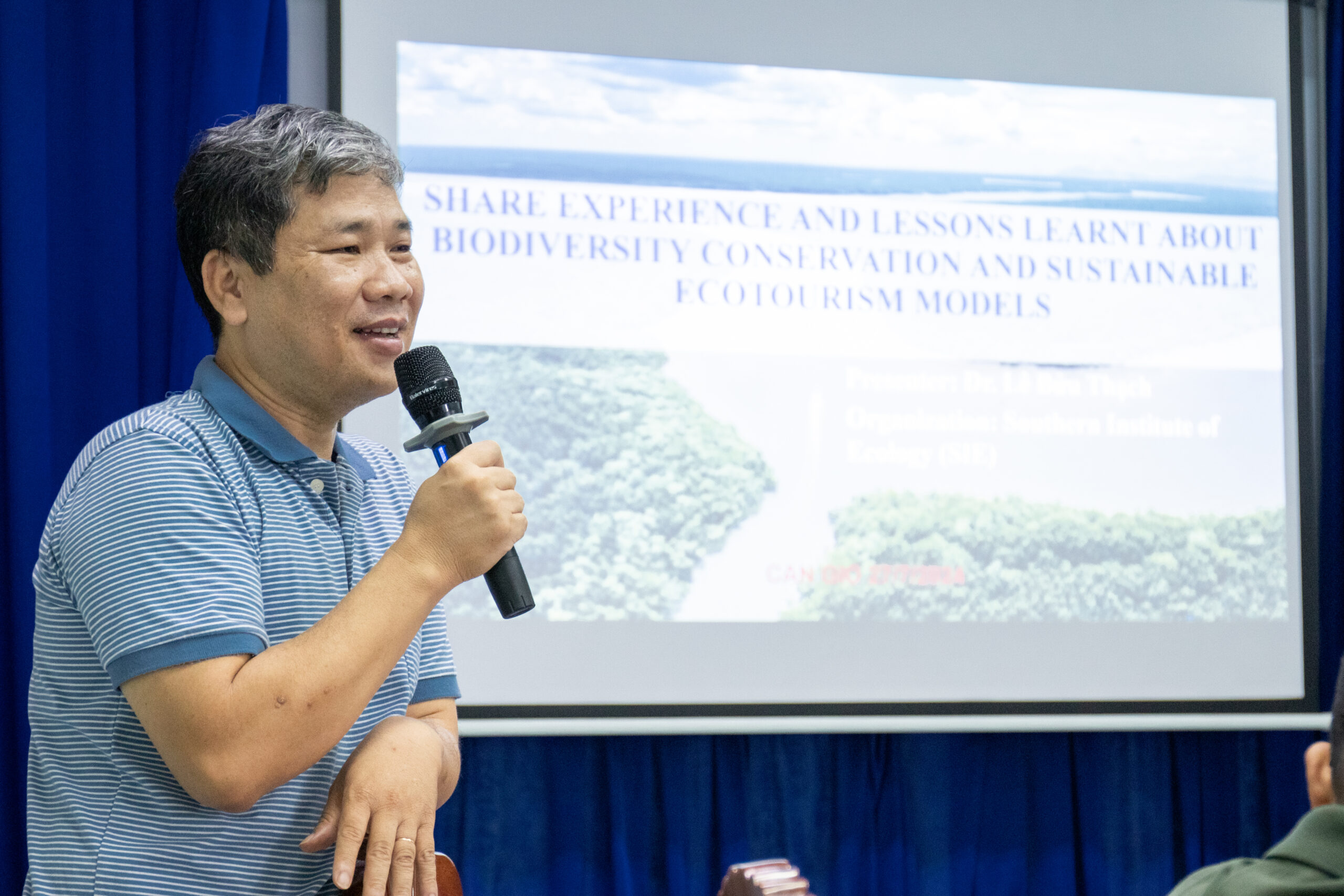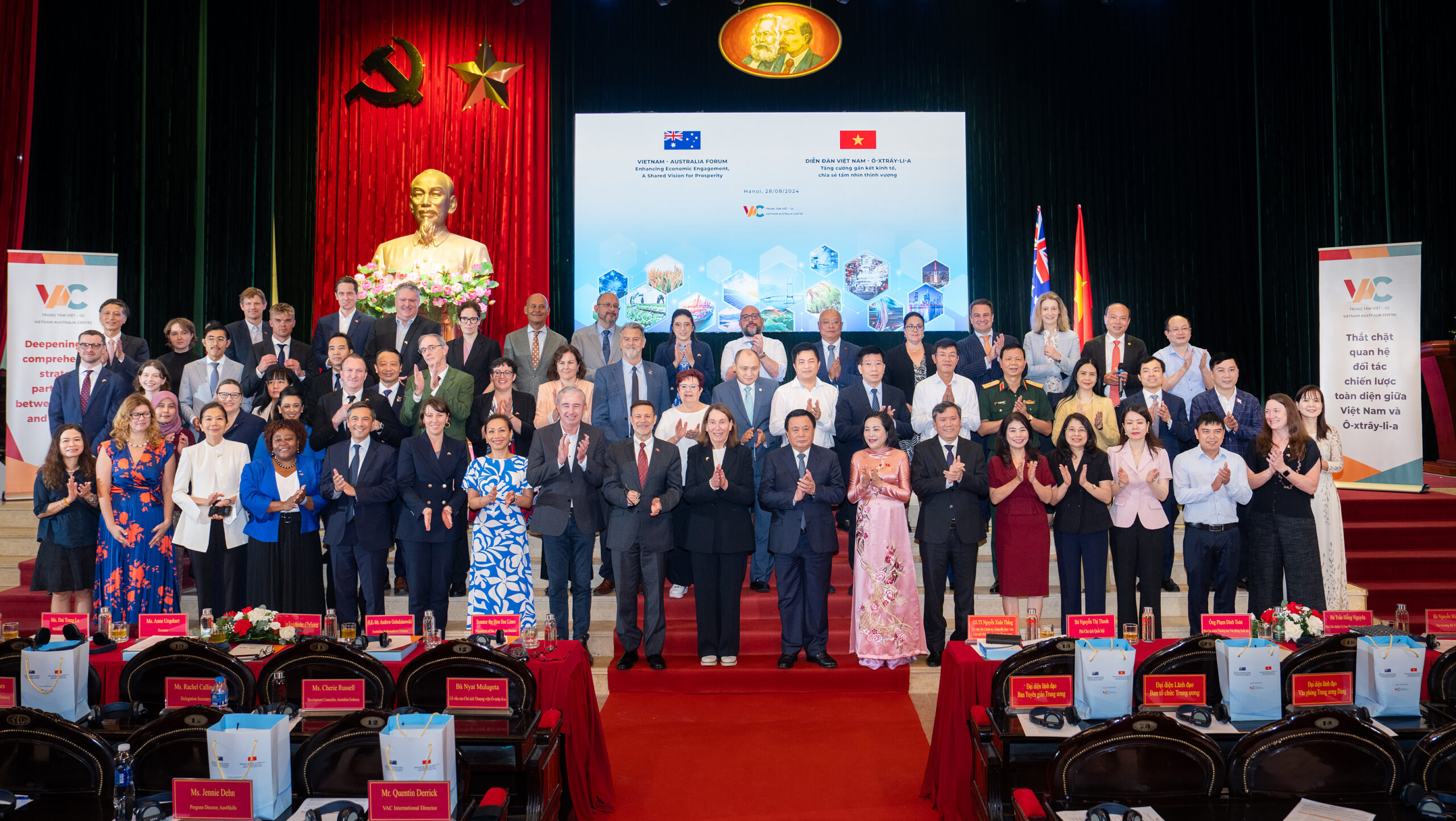The COVID-19 pandemic has pressured businesses to change and adapt to new circumstances. Training and education institutions have needed to innovate their training methods to supply a workforce with relevant skills.
High quality human resources add value
An online international conference on “Strategic human resource development for Vietnam Logistics Industry – Adaptability in an ever-changing environment”, was organised by Aus4Skills on 25 August, attracting more than 200 delegates, primarily from national and international research and training institutions.
In his opening remarks, Mr. Brendon Brooker, Second Secretary of the Australian Embassy in Vietnam, stated that COVID-19 has had a tremendous impact on the global economy, and the logistics industry in particular.
He stated: “The world has seen how vital logistics are to addressing the many charges of COVID-19, whether rapid delivery of medical equipment or vaccines, supporting economic recovery through domestic and international trade or through supplying food and essential products. COVID-19 has placed an enormous strain on the global supply chains with the multitude of disruptions.”
According to Mr. Brendon Brooker, only businesses with strong capacities and a high-quality workforce will be able to react, adapt and respond to these challenges.
He stated: “An industry’s ability to react, adapt and respond is reliant upon a highly skilled and talented workforce”.
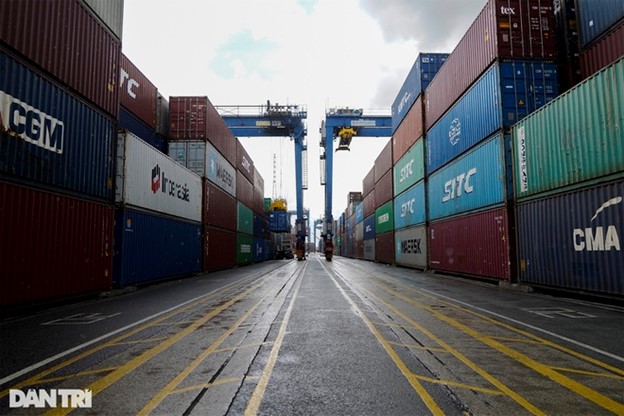
COVID-19 has placed enormous strain on global supply chains with the multitude of disruptions. Only businesses with a quality workforce will be able to react, adapt and respond to these challenges. (Photo by Pham Nguyen)
Mr. Vu Xuan Hung, Director of the Formal Training Department – Directorate of Vocational Education and Training (DVET), agreed with the above statement. He indicated that high-quality human resources were urgently needed for the development of Vietnam’s logistics industry.
He said that Vietnam had identified logistics as one of the 12 key sectors to be supported through investment in human resource development, to meet the needs of national economic development and forinternational integration.
According to Mr. Vu Xuan Hung, Vietnam has plans to invest in establishing three national training facilities located in three regions. These facilities will play a leading role in human resource development across 12 key sectors of the country. The logistics human resources training facility will be located in the South.
A need for renewed training curricula
Assoc. Prof. Dr. Ho Thi Thu Hoa, Director of the Vietnam Logistics Research and Development Institute (VLI-VLA), shared the Institute’s latest research results on the current situation of logistics human resources in Vietnam to identify the skill sets required by this sector.
Training on adapting to change and responding to risk
VLI-VLA suggested a number of solutions including: the completion of occupational skill standards; improvement of lecture quality through international training programmes; joint efforts from government, industry and education organisations; and training on adapting to change and responding to risk.
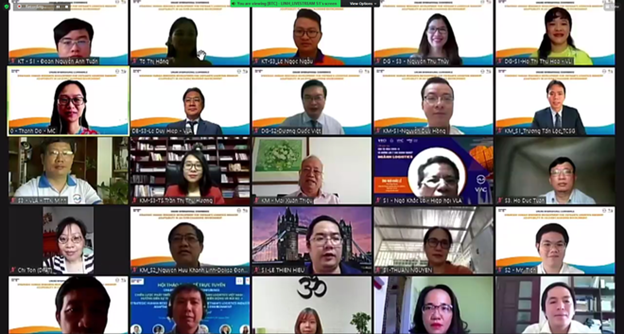
Over 200 delegates from national and international research and training institutions attended the conference.
Professor Dr. H.C. Hans-Dietrich Haasis, University Bremen (Germany) suggested the need to improve logistics training programmes based on the industry’s global development trends, namely digitalisation, automation, and electrification.
Professor Devinder Grewal from the Australian Institute of Shipping and Transport Logistics (AISTL), stated: “Automation and robotics are driven by AI and require changes in human resources. They need the collaboration of government, industry and education organisations to support the training of new skills, to adapt to the changing environment”.
Dr. Tran Thi Thu Huong, Deputy Head of Communications Department, Vietnam Association for Logistics Manpower Development (VALOMA), explained: “There are currently three key factors influencing the training of human resources in the logistics sector, namely the 4.0 technologies, the global integration and rare risks”.
According to Dr. Huong, 4.0 technologies change rapidly, hence a technology-savvy workforce is neccessary. Global integration requires employees to be proficient in at least one foreign language.
The logistics industry is increasingly facing a multitude of risks, including those posed by the COVID-19 pandemic. Therefore, education institutions need to change their teaching methods and content, and provide students with more relevent skills to meet the demand of the labour market. This requires diversified training curricula; increased international training programmes; strengthened industry linkages to ensure students are equipped with practical experiences in supply chain operations; and acquisition of new skills such as foreign language skills and digital skills in addition to fundamental skills.
Source: Tung Nguyen – Dantri







